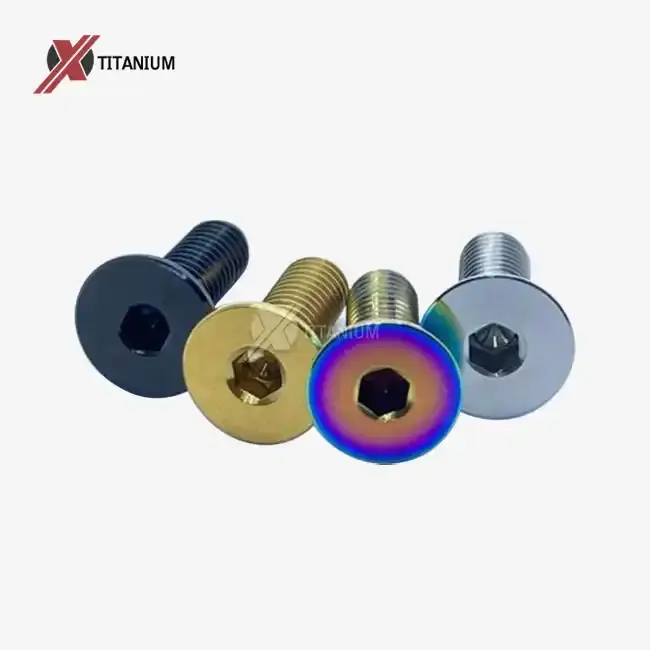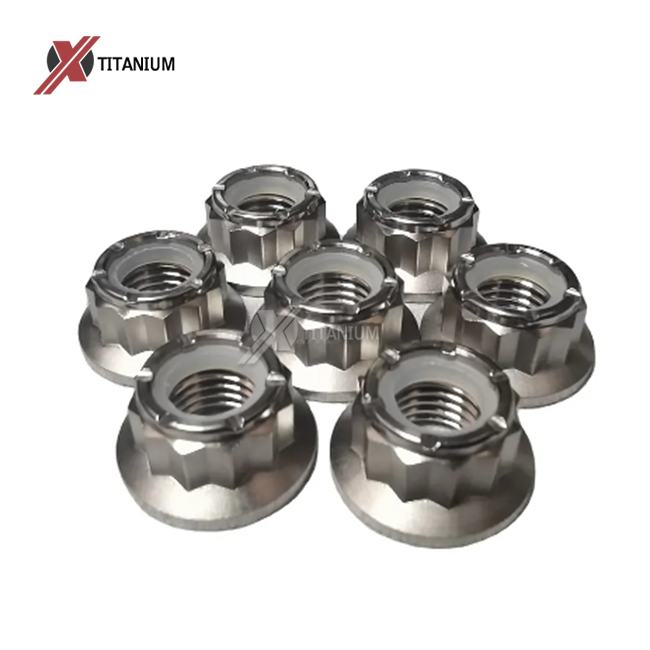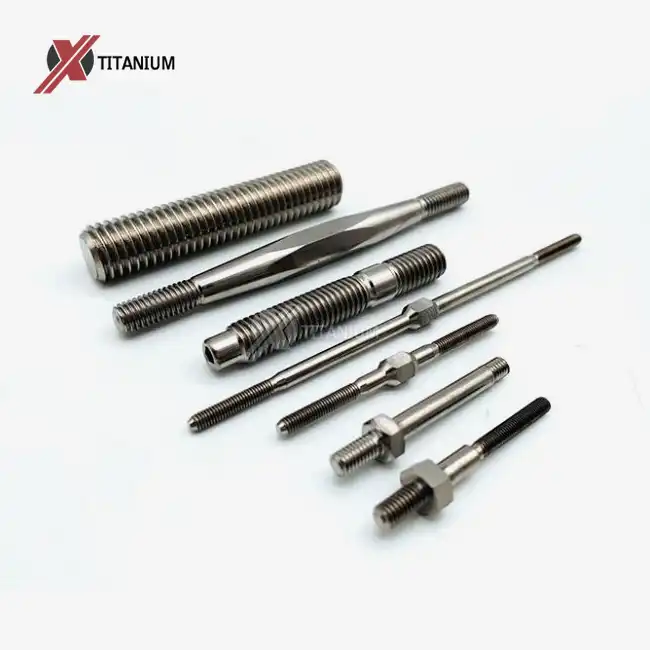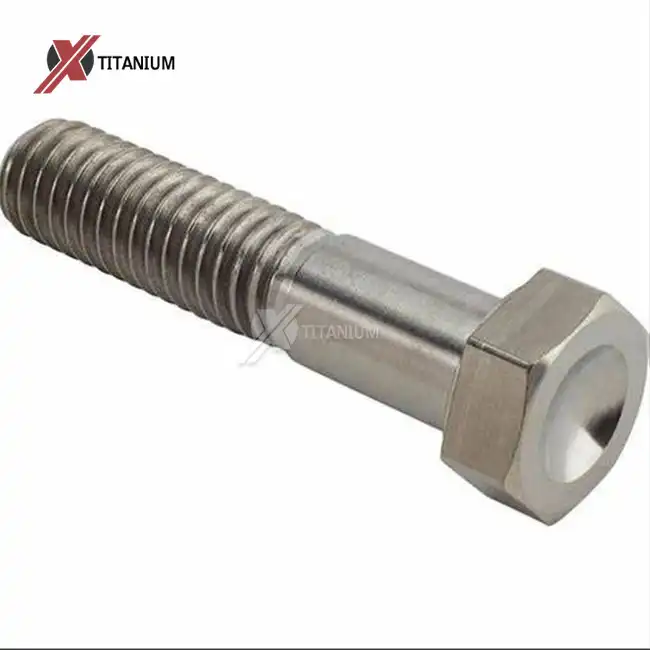- English
- French
- German
- Portuguese
- Spanish
- Russian
- Japanese
- Korean
- Arabic
- Greek
- German
- Turkish
- Italian
- Danish
- Romanian
- Indonesian
- Czech
- Afrikaans
- Swedish
- Polish
- Basque
- Catalan
- Esperanto
- Hindi
- Lao
- Albanian
- Amharic
- Armenian
- Azerbaijani
- Belarusian
- Bengali
- Bosnian
- Bulgarian
- Cebuano
- Chichewa
- Corsican
- Croatian
- Dutch
- Estonian
- Filipino
- Finnish
- Frisian
- Galician
- Georgian
- Gujarati
- Haitian
- Hausa
- Hawaiian
- Hebrew
- Hmong
- Hungarian
- Icelandic
- Igbo
- Javanese
- Kannada
- Kazakh
- Khmer
- Kurdish
- Kyrgyz
- Latin
- Latvian
- Lithuanian
- Luxembou..
- Macedonian
- Malagasy
- Malay
- Malayalam
- Maltese
- Maori
- Marathi
- Mongolian
- Burmese
- Nepali
- Norwegian
- Pashto
- Persian
- Punjabi
- Serbian
- Sesotho
- Sinhala
- Slovak
- Slovenian
- Somali
- Samoan
- Scots Gaelic
- Shona
- Sindhi
- Sundanese
- Swahili
- Tajik
- Tamil
- Telugu
- Thai
- Ukrainian
- Urdu
- Uzbek
- Vietnamese
- Welsh
- Xhosa
- Yiddish
- Yoruba
- Zulu
Why Are Titanium Steering Wheel Bolts Essential for High-Performance Driving?
In the world of motorsports and automotive customization, precision, safety, and performance go hand in hand. One component that has gained significant attention among professionals and enthusiasts alike is the titanium steering wheel bolt. Though small in size, these bolts play a critical role in ensuring secure control of your vehicle under high-stress conditions. But why are titanium steering wheel bolts becoming a must-have in performance builds? And how do they stack up against traditional options in safety and reliability?
Let’s explore what sets these bolts apart, whether they are safe for daily driving, and what benefits they truly offer over their steel counterparts.

What Are the Advantages of Using Titanium Steering Wheel Bolts?
1. Unmatched Strength-to-Weight Efficiency
One of the most celebrated qualities of titanium is its strength-to-weight ratio, which far surpasses that of steel or aluminum. In high-performance vehicles, reducing unsprung weight is crucial. Although steering wheel bolts may not seem heavy, every gram matters in a race car. By choosing titanium, drivers shave weight off their assemblies without compromising structural integrity.
Grade 5 titanium (Ti-6Al-4V) is commonly used for these bolts. It has a tensile strength of over 900 MPa, which is higher than most carbon steels, yet it is approximately 45% lighter than steel. This makes titanium ideal for critical parts like steering systems where both strength and agility matter.
2. Corrosion and Fatigue Resistance
Titanium bolts do not rust, corrode, or degrade like typical steel bolts. This is especially beneficial for drivers who participate in rally events or track days in diverse climates where moisture, salt, or chemicals could compromise materials. Unlike steel, which may require periodic cleaning and anti-corrosion coatings, titanium bolts retain their properties and appearance for years.
3. Thermal Stability and Durability
In performance driving, temperature fluctuations are extreme. Titanium maintains its mechanical properties even under high temperatures, unlike steel which may weaken. Titanium bolts do not lose torque or strength in demanding conditions, offering long-term reliability in both street and race environments.
4. Enhanced Appearance and Customization
Beyond performance, titanium bolts offer a sleek, modern look. Many are anodized in various colors—blue, gold, purple, black—allowing drivers to match their interior aesthetics while improving the strength of the wheel assembly.
Are Titanium Steering Wheel Bolts Safe for Daily Driving?
Absolutely—when properly installed. Titanium steering wheel bolts, when manufactured to tight tolerances and correctly torqued, offer safety equal to or better than conventional bolts. Here's why:
1. Engineering Precision and Compatibility
Modern titanium bolts are CNC-machined with extreme precision to ensure exact fitment. As long as the bolts conform to the steering wheel hub's dimensions and torque requirements, they function identically—or better—than OEM parts.
2. Thread Galling Precautions
Titanium is prone to thread galling if improperly torqued or installed without lubrication. Using anti-seize compound and torquing bolts to manufacturer-recommended specs prevents this issue entirely. Reputable manufacturers often pre-coat their bolts or provide specific instructions.
3. Compliance with Motorsport Standards
Many titanium steering wheel bolts meet or exceed motorsport-grade standards such as ISO 898 or ASTM F468, depending on manufacturer and country. They are not only safe but often preferred in FIA- and SFI-regulated builds.
What Problems Can Titanium Steering Wheel Bolts Solve Compared to Steel?
Let’s compare the two materials side-by-side in key categories:
| Property | Titanium Steering Wheel Bolts | Steel Steering Wheel Bolts |
|---|---|---|
| Weight | ~45% lighter | Heavier |
| Strength | Higher tensile strength (Grade 5 Ti) | Strong, but lower strength-to-weight |
| Corrosion Resistance | Excellent, needs no coating | Requires rust-proofing or coatings |
| Thermal Stability | Retains strength at high temps | May lose strength with prolonged heat |
| Aesthetic Customization | Anodized color options available | Limited to plated or painted finishes |
| Longevity | Long service life, no degradation | Subject to rust, pitting, fatigue |
| Price | Higher upfront cost | Lower initial cost |
Clearly, titanium bolts offer benefits that go beyond mere aesthetics. In racing and performance applications, these bolts reduce the risk of hardware failure, reduce maintenance needs, and even contribute to faster reaction through lighter steering mechanisms.
Why Do Car Enthusiasts and Racers Prefer Titanium Steering Wheel Bolts?
1. Ultimate Customization
Car culture is all about making a machine yours. With colored titanium bolts, enthusiasts can match or contrast the interior or steering wheel color scheme, especially in show builds or high-end track cars. This combination of beauty and engineering precision is what draws serious builders to titanium.
2. Reduced Risk of Loosening
Titanium bolts typically retain torque better than steel due to lower thermal expansion. They are less likely to loosen during high-vibration events like drifting or rally stages. That means fewer checks, less downtime, and more confidence in the vehicle’s handling.
3. Endurance in Track Conditions
In a competitive setting, even minor equipment failures can ruin a lap time or, worse, cause accidents. Titanium bolts endure the harsh vibrations and lateral G-forces encountered on the track without cracking or backing out.
4. The Premium Feel
There’s a reason why top-tier brands like Porsche, Ferrari, and McLaren often integrate titanium fasteners throughout their cars. The use of titanium gives a vehicle a premium performance feel—a commitment to quality and attention to the smallest details.
Titanium Steering Wheel Bolts in Niche Applications
1. Sim Racing and Esports
Even in the world of high-end sim racing, builders are turning to titanium bolts for mounting racing wheels onto force-feedback steering systems. It’s a niche, but one that demonstrates how deep titanium’s appeal goes—even when the performance is virtual.
2. Classic Car Restorations
Restorers who want a mix of retro look and modern materials are swapping old rusty hardware with polished titanium bolts, combining timeless design with cutting-edge tech.
3. Off-Road Racing
In desert racing or endurance off-road events like the Baja 1000, steering precision is paramount. Titanium bolts offer the reliability that competitors demand when hundreds of miles of terrain punish the vehicle.
Final Thoughts
Titanium steering wheel bolts are not just a style choice—they are a smart investment for anyone seeking reliability, strength, and elegance. Whether you're pushing the limits on a racetrack, building a show car, or simply upgrading your daily driver, titanium bolts add measurable value.
They do come at a premium, but that premium pays off in performance, durability, and peace of mind. When safety, aesthetics, and mechanical reliability all matter, titanium emerges as the gold standard—one bolt at a time.
References
-
Smith, J.R. (2021). "Advanced Materials in Aerospace: The Role of Pure Titanium". Journal of Aerospace Engineering, 45(3), 234-248.
-
Johnson, A.M. & Williams, P.K. (2020). "Biocompatibility of Titanium in Medical Implants: A Comprehensive Review". Biomaterials Science, 8(12), 3301-3320.
-
Chen, Y., et al. (2019). "Corrosion Behavior of Pure Titanium in Marine Environments". Corrosion Science, 152, 120-133.
-
Patel, R.N. & Thompson, L.E. (2022). "Manufacturing Processes for High-Quality Titanium Plates". Advanced Materials Processing, 180(5), 45-58.
-
Garcia, M.S., et al. (2023). "Applications of Pure Titanium in Sustainable Architecture". Architectural Engineering and Design Management, 19(2), 178-195.
Learn about our latest products and discounts through SMS or email


_1747364352357.webp)
